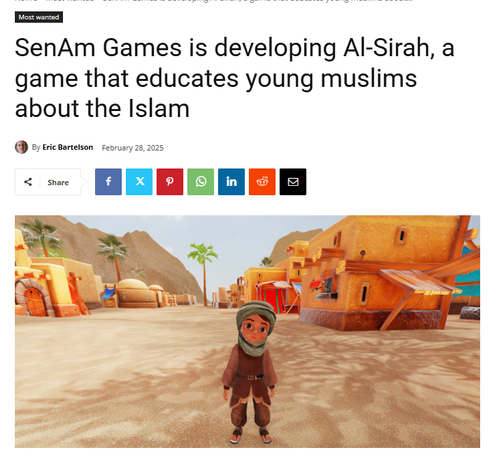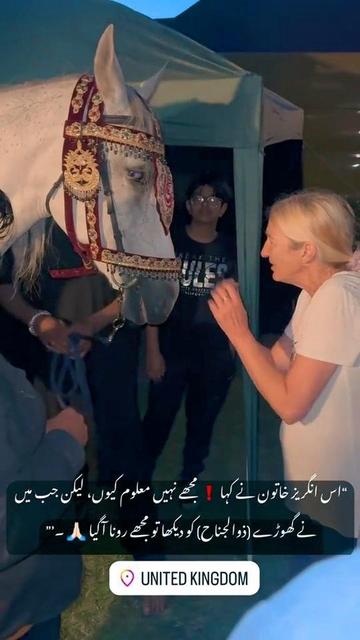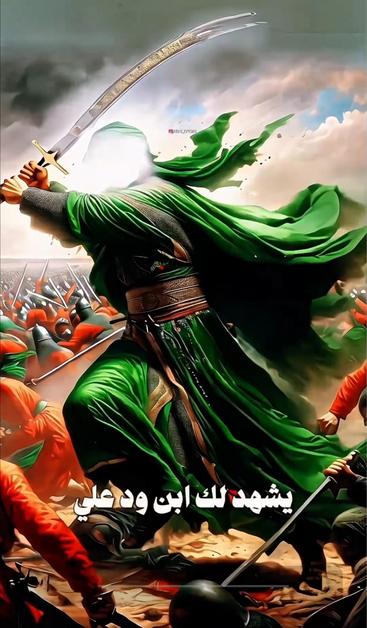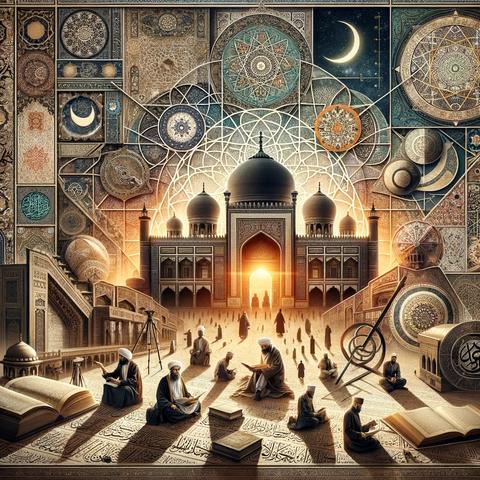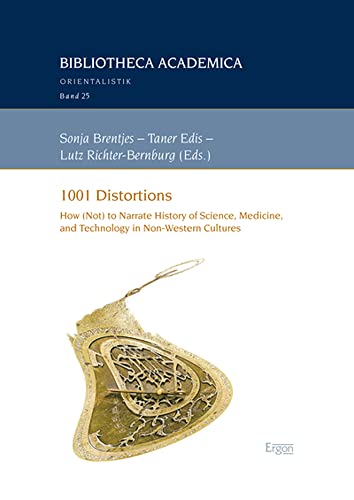Islamic history has lost it's essense among Muslims as they have been overwhelmed by history of other Empires which decreased interest to undertake Islamic history as a mirror image for the pursuit of knowledge and excellence. Misinformation bombardment have rooted conviction of "Muslims as weak and have made zero contribution" in the development of modern day lifestyle. This article would be a brief source of motivation for Muslims to resort their legacy of predecessors while defending against wrong stereotypes and defamation in the mainstream. The article will first mention the importance of history in terms of Quran and Sunnah and then relate some brief stories of Muslims who were eager for acquiring knowledge, developed foundation of almost every branch of the modern science and technology. Our emphasis would not be more for advent of science, as Muslims played major role in that also, but rather to open mind of the reader to choose Islamic civilization as the most suitable way of living in every time and today also.
- Quran and Sunnah
- Quest for knowledge
- Distortion of Islamic History
Quran and Sunnah
Allah ﷻ has himself mentioned various stories of previous nations.
نَّحْنُ نَقُصُّ عَلَيْكَ نَبَأَهُم بِٱلْحَقِّۚ إِنَّهُمْ فِتْيَةٌ ءَامَنُوا۟ بِرَبِّهِمْ وَزِدْنَٰهُمْ هُدًى
It is We who relate to you, [O Muḥammad], their story in truth. Indeed, they were youths who believed in their Lord, and We increased them in guidance.1 Allah mentions story of righteous people, here we learn to appreciate these characters as possessed by these righteous people. Allah also mentions verses of forbidden actions as of “people of Loot and Thamud”. In this way, Allah teaches us to be “like ” and “not like” people for easy comprehension and understanding.
Allah has sent His Prophet ﷺ to guide the humanity. How he disposed his character and led Muslims, his companions as role models for learning and implementing religion, this all makes history to guide future generations. Thus, history encompasses source of guidance to achieve our destiny.
Quest for knowledge
As one of the prominent Islamic thinker, Mohammad Iqbal says 2
یاد عہد رفتہ میری خاک کو اسیر ہے
میرا ماضی میرے استقبال کا تفسیر ہے
Impression of my past is the treatment of my soul
My past is the description of my future
The best description for the quest of knowledge among our predecessors can be found in their history. The paragraph from the book ابن رشد (Ibn Rushd)3
In the beginning of Abbasid Caliphate, writing and editing interests rose among Muslims, Abu Hanifah with his companions were engaged in jurisprudence in kufa (Iraq), Imam Malik with Mohammad bin Ishaq,in Madina, were engaged in the battles (fought by Prophet ﷺ) and biography. Knowledge of Hadith which was considered sacred and needed, Imam Malik wrote Muwatta which became famous, Ibn Zaid kurtubi (Andulus) migrated to Madina to listen (learn) Muwatta from Imam Malik, returned to his homeland to start teaching it, in the same way anew Berberi Muslim Yahya bin Yahya Masmudi got interested in supporting religion, came to Imam Malik to listen Muwatta, some missed portions completed from Ibn Zaid, as eagerness rose for learning fiq (jurisprudence), he returned to Madina for Imam Malik but he was passed away, learning from Malik’s student Ibn Al Kasim became necessary, and went to Egypt and Africa to complete fiq, returned to homeland where Hisham was the governer. The excellence of Hisham’s devotion and respect for Yahya bin Yahya was, he never did anything without Yahya’s consultation. Hisham engaged for the welfare of his country and made it cheerful.
Distortion of Islamic History
After the fall of Ottomans, they (non muslims) always searched tricks to weaken our Ummah. They knew the power of islamic faith and displayed that in several occasions. As the efforts for erasing islamic History are uncountable, I want to mention some exegesis from Sonja Brentjes’ unprecedented book.
Professor Sonja Brentjes’ book 1001 Distortions How (not) to Narrate History of Science, Medicine and Technology in Non-Western Cultures that she published together with Professor Taner Edis and Professor Lutz Richter-Bernburg in response to the many misrepresentations of history and science in the 2012 catalogue of the 1001 Inventions exhibition. Professor Brentjes describes how the exhibition organisers and contributors, who are not historians, have extracted portions of academic narratives, effectively removed their richness in detail and rearranged them as outmoded tales of glory, success, priority and progress.She also explains
how “criticising academically false stories about such topics need to be undertaken for all such cases, not merely for those told by Eurocentric writers against non-Western histories”. In order to make it clear to the general public that their academic criticism was not another act of Islamophobia, but a defence of academic reliability, solid research, and honesty, the editors included other case studies examining political appropriation and the abuse of stories about past or contemporary sciences. The influence of misrepresentation of inventions can be guessed from those professors who think Muslims as backward and subordinate.
How beautifully she reprimands a Muslim professor as follows;
Sonja Brentjes objects to Professor Ahmad Ragab’s grave misrepresentation of her position in the debate for and against the false narratives in 1001 Inventions. She describes it as recasting medieval Muslims as “backward third-worlders”, referring to their elementary contribution and “their exclusion from the ranks of knowledge-makers”.This is how greatly there distorted literature has affected our people. It should be our priority to learn and teach islamic history to our children and others and recommending them to strong hold with it for its preservation and dissemination to others.
Let every Muslim historian know not to degrade Islamic civilization by representing Westerners as superior to them rather expose to true sources of knowledge and disseminate that forward.
Today, Muslims have lost their way as they were raised devoid of Islamic history and it’s significance. Reture to our history is essential to learn proper way of living and freeing ourselves from the reign of foreigners.
- Al Quran 18:13, Translation by Sahah international ↩︎
- Muslim, Kul-yate-Iqbal pg. no. 196 ↩︎
- Ansari M., Ibn Rushd (urdu), pg. no. 23-24 ↩︎
https://getupmuslim.com/2024/09/09/importance-of-islamic-history-and-the-quest-for-knowledge-among-muslims/
#ImportanceOfHistory #IslamicHistory #IslamicResurgence #Knowledge #LostMuslims #QuestForKnowledge
